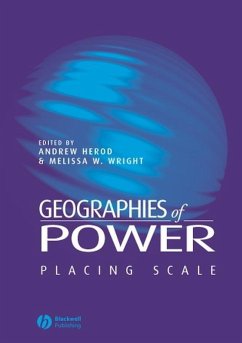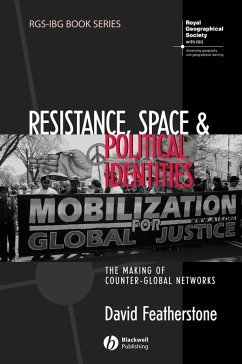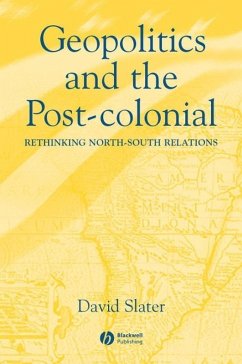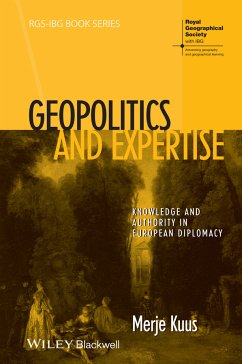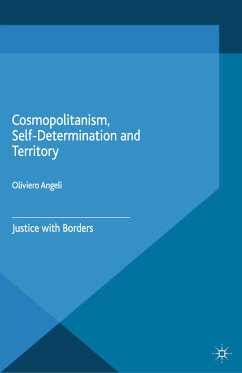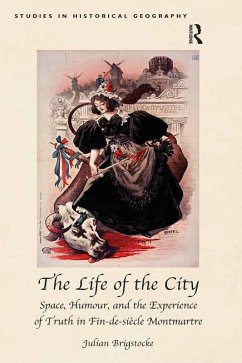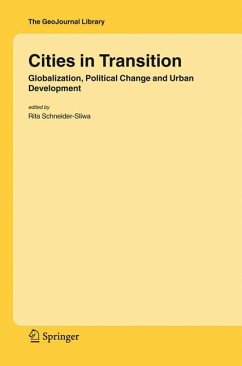
Gramsci (eBook, PDF)
Space, Nature, Politics
Redaktion: Ekers, Michael; Loftus, Alex; Kipfer, Stefan; Hart, Gillian
Versandkostenfrei!
Sofort per Download lieferbar
20,99 €
inkl. MwSt.
Weitere Ausgaben:

PAYBACK Punkte
0 °P sammeln!
This unique collection is the first to bring attention to Antonio Gramsci's work within geographical debates. Presenting a substantially different reading to Gramsci scholarship, the collection forges a new approach within human geography, environmental studies and development theory. * Offers the first sustained attempt to foreground Antonio Gramsci's work within geographical debates * Demonstrates how Gramsci articulates a rich spatial sensibility whilst developing a distinctive approach to geographical questions * Presents a substantially different reading of Gramsci from dominant post-Marx...
This unique collection is the first to bring attention to Antonio Gramsci's work within geographical debates. Presenting a substantially different reading to Gramsci scholarship, the collection forges a new approach within human geography, environmental studies and development theory. * Offers the first sustained attempt to foreground Antonio Gramsci's work within geographical debates * Demonstrates how Gramsci articulates a rich spatial sensibility whilst developing a distinctive approach to geographical questions * Presents a substantially different reading of Gramsci from dominant post-Marxist perspectives, as well as more recent anarchist and post-anarchist critiques * Builds on the emergence of Gramsci scholarship in recent years, taking this forward through studies across multiple continents, and asking how his writings might engage with and animate political movements today * Forges a new approach within human geography, environmental studies and development theory, building on Gramsci's innovative philosophy of praxis
Dieser Download kann aus rechtlichen Gründen nur mit Rechnungsadresse in D ausgeliefert werden.




